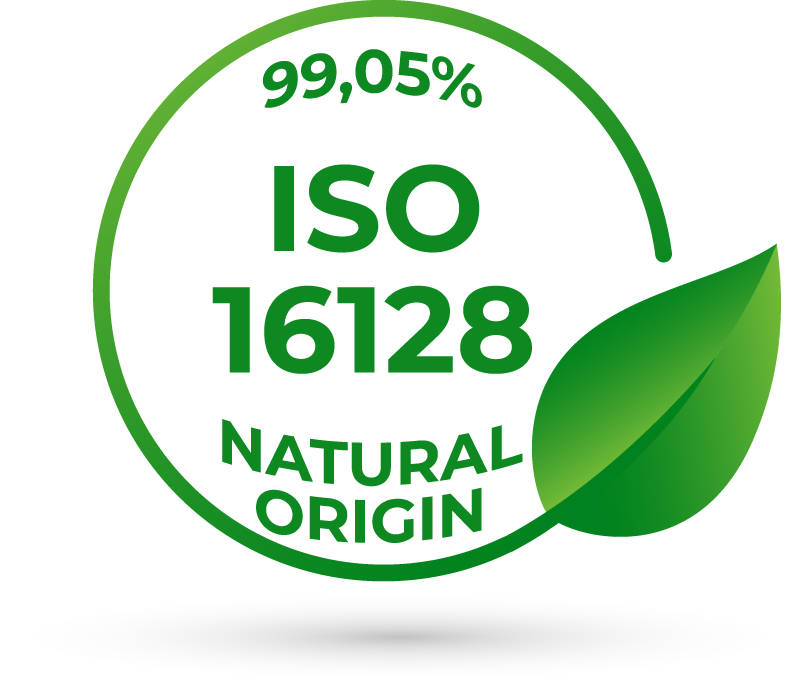Personalized skincare with AI: the future of beauty technology
How does AI work in skincare?
Modern AI-supported applications analyze the skin in different ways. Some apps use the smartphone camera to detect features such as dryness, redness or fine lines. Others rely on intelligent chatbots that answer questions about skincare and provide personalized product recommendations. Particularly advanced systems even combine genetic analysis and dermatological research findings to provide even more precise recommendations.
These technologies are based on complex algorithms and machine learning. By collecting and analyzing a variety of data – including skin images, personal details and scientific studies – patterns are identified and targeted skincare recommendations are created. These advanced methods help to identify skin needs more accurately and provide customized solutions.
The benefits of personalized AI skincare
1. scientifically sound recommendations
Many AI algorithms draw on dermatological studies, clinical research results and large amounts of user data. This means that the recommendations are based on sound scientific findings that are continuously updated.
2. convenience and time saving
The use of AI eliminates the tedious search for suitable care products. Users receive personalized recommendations within a few seconds without having to delve deep into the subject matter themselves.
3. cost efficiency
Many AI-supported skincare apps are free or significantly cheaper than a professional consultation with a dermatologist or beautician. This makes personalized skincare accessible to a wider audience.
4. continuous improvement through machine learning
The more data an AI-supported application collects, the better it can optimize its algorithms. This allows the skincare recommendations to become increasingly precise over time. Regular updates ensure that the recommendations are always based on the latest research.
Challenges and potential risks
1. limited diagnostic capability
AI systems are designed to identify common skin problems such as acne or dryness. However, they cannot detect or diagnose serious skin diseases. A visit to the dermatologist therefore remains essential.
2. data protection and data security
Many applications store images and personal skin data. Users should check exactly what data an app collects, how it is processed and whether it is passed on to third parties. Transparent data protection guidelines are crucial to gaining the trust of users.
3. commercial interests of the providers
Some AI tools are associated with specific brands, which means that impartial advice is not always guaranteed. It is advisable to critically scrutinize the proposed products and obtain independent reviews in order to make an informed decision.
AI in practice: companies and innovations
Well-known brands such as L’Oréal, Neutrogena and Atolla are already relying on AI-supported skincare. These companies are developing technologies that analyze skin images and provide tailored skincare recommendations. By using augmented reality (AR), for example, users can virtually test different skincare products in real time before making a purchase decision.
Another innovative example is the use of AI in the formulation of personalized skincare products. Based on individual skin needs, personalized creams or serums are produced that are tailored to the user’s specific skin type. This development shows that AI not only makes diagnoses, but also offers new possibilities for customized care.
Future prospects for AI in skincare
The future of AI-supported skin analysis promises exciting developments. Improved algorithms could analyze skin problems even more precisely and provide more individual recommendations. The use of augmented reality (AR) could enable users to test skincare products virtually and thus obtain an even better basis for decision-making.
In addition, AI offers the opportunity to develop more environmentally friendly and effective skincare formulations. By analyzing ingredients, AI can help to discover sustainable alternatives and make products more efficient. The combination of technology and nature could thus permanently change the cosmetics industry.
Conclusion: A balancing act between progress and caution
AI-powered skincare brings many benefits, including personalized recommendations, convenience and cost savings. However, users should be aware of the challenges – particularly in terms of data privacy, commercial interests and the limited diagnostic capability of AI.
The future of skincare lies in the combination of technological innovation and human expertise. While AI applications can provide valuable support, consultation with a dermatologist remains essential for comprehensive skin health.
With the right balance between progress and caution, users can make the most of the benefits of AI for their skincare while making informed decisions.








